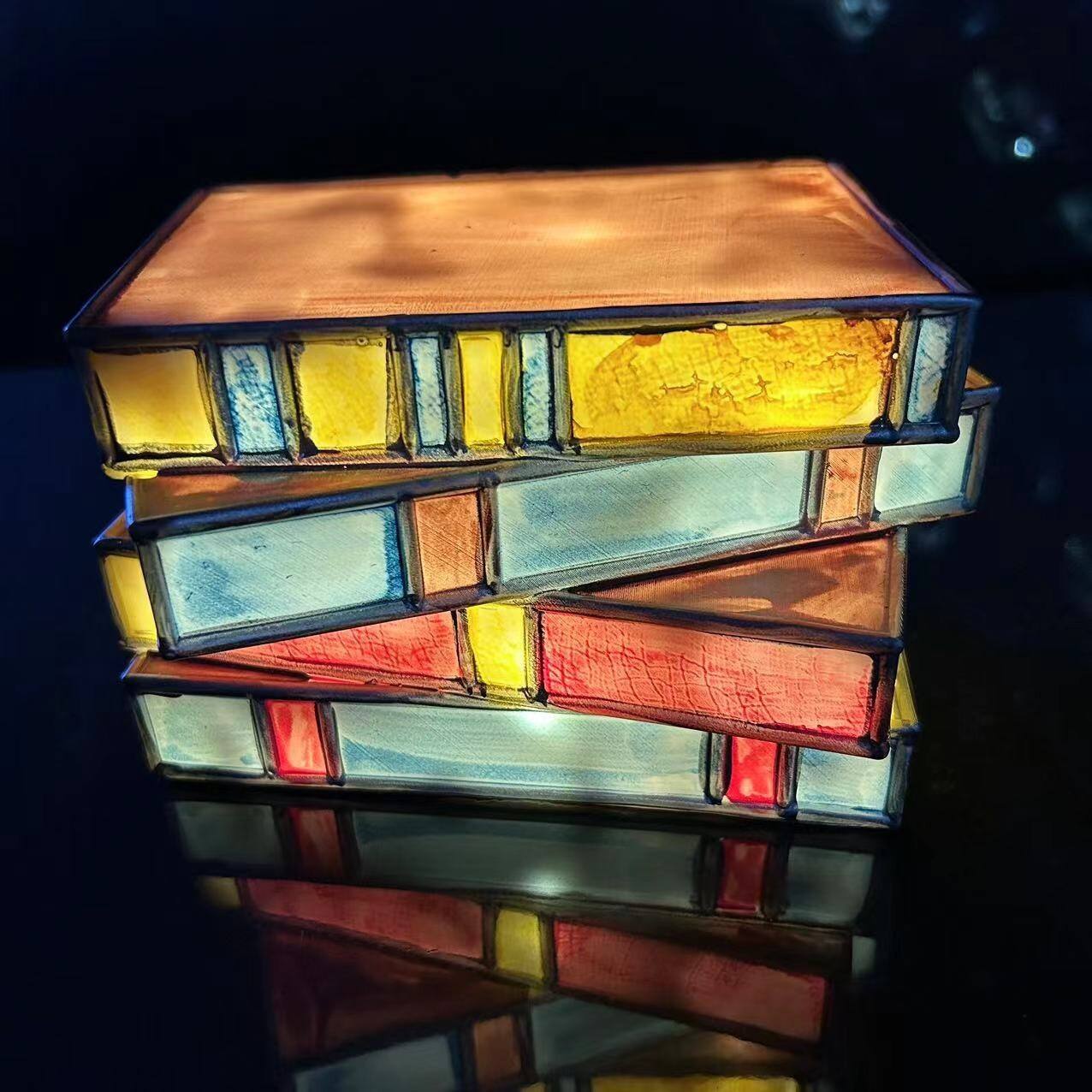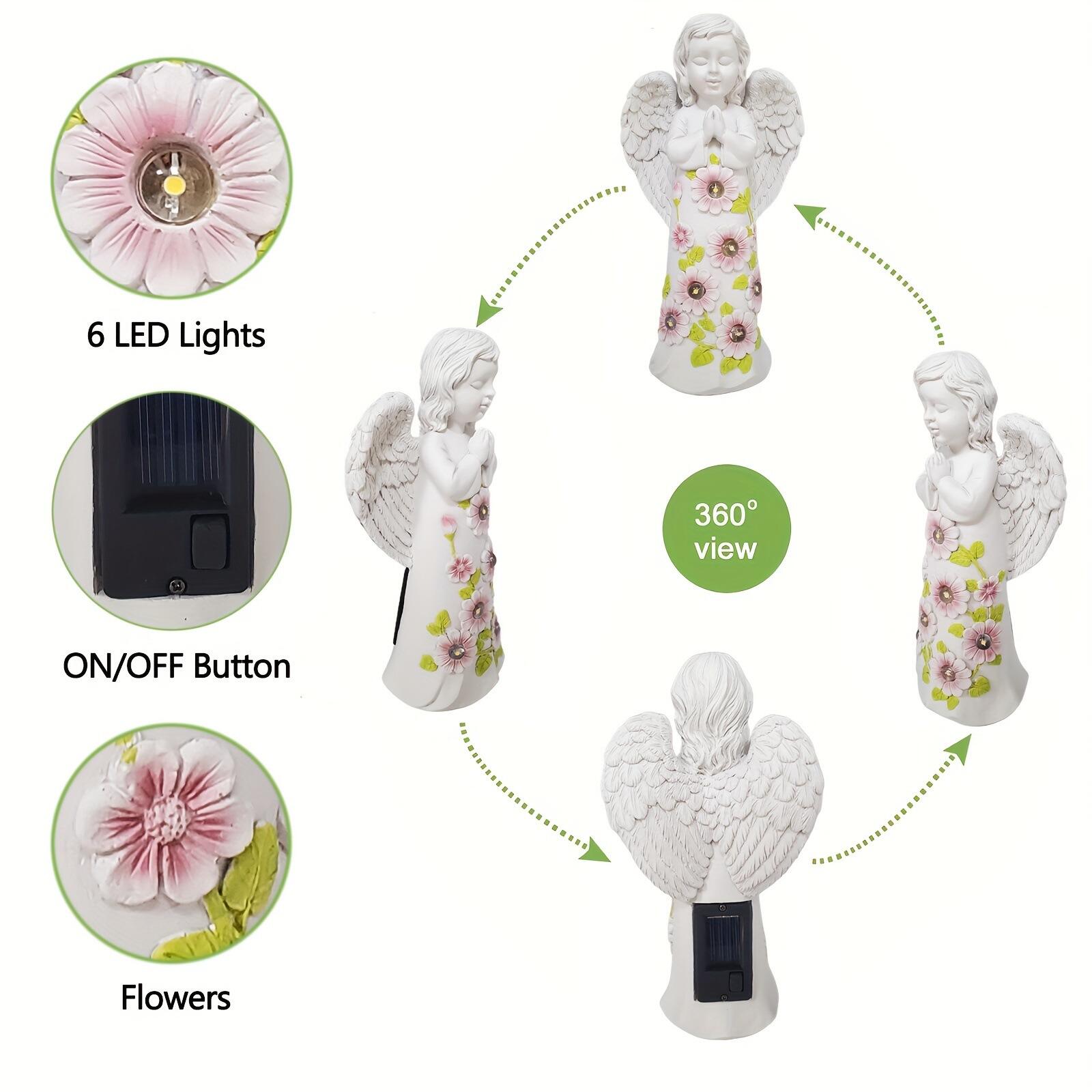coisas para fazer na fábrica de resina
Uma fábrica de resinas produz uma ampla gama de materiais poliméricos sintéticos que servem como blocos fundamentais para inúmeras aplicações industriais e de consumo. Essas instalações fabricam diversos tipos de resinas, incluindo epóxi, poliéster, acrílica, poliuretano e resinas termoplásticas, cada uma projetada para características específicas de desempenho e requisitos finais. A função principal das coisas a fazer em uma fábrica de resinas envolve a criação de materiais versáteis que podem ser moldados, vazados, laminados ou processados em produtos acabados ao longo de diversas indústrias. A fabricação moderna de resinas incorpora tecnologias avançadas de síntese química, sistemas precisos de controle de temperatura e monitoramento automatizado da qualidade para garantir especificações consistentes dos produtos. Os recursos tecnológicos da produção contemporânea de resinas incluem processos de polimerização controlados por computador, monitoramento em tempo real da viscosidade e sistemas especializados de catalisadores que otimizam as propriedades de cura. Essas capacidades de fabricação permitem a produção de resinas com pesos moleculares ajustados, densidades de reticulação e atributos de desempenho personalizados. As aplicações das coisas a fazer em uma fábrica de resinas abrangem múltiplos setores, incluindo componentes automotivos, estruturas aeroespaciais, embarcações marítimas, materiais de construção, encapsulamento de eletrônicos e fabricação de bens de consumo. A indústria automotiva utiliza compósitos à base de resina para painéis leves e reforços estruturais, enquanto as aplicações aeroespaciais exigem resinas de alto desempenho para componentes de aeronaves que requerem razões excepcionais entre resistência e peso. As aplicações na construção incluem revestimentos arquitetônicos, sistemas de pisos e adesivos estruturais que proporcionam durabilidade e resistência às intempéries. A fabricação de eletrônicos depende de resinas especializadas para a produção de placas de circuito, encapsulamento de componentes e materiais isolantes. A indústria marítima depende de camadas gel e resinas de fibra de vidro para cascos de barcos e estruturas de convés que resistem a ambientes salinos agressivos. As aplicações de consumo englobam itens decorativos, componentes de móveis e produtos recreativos nos quais o apelo estético se combina com requisitos funcionais de desempenho.










